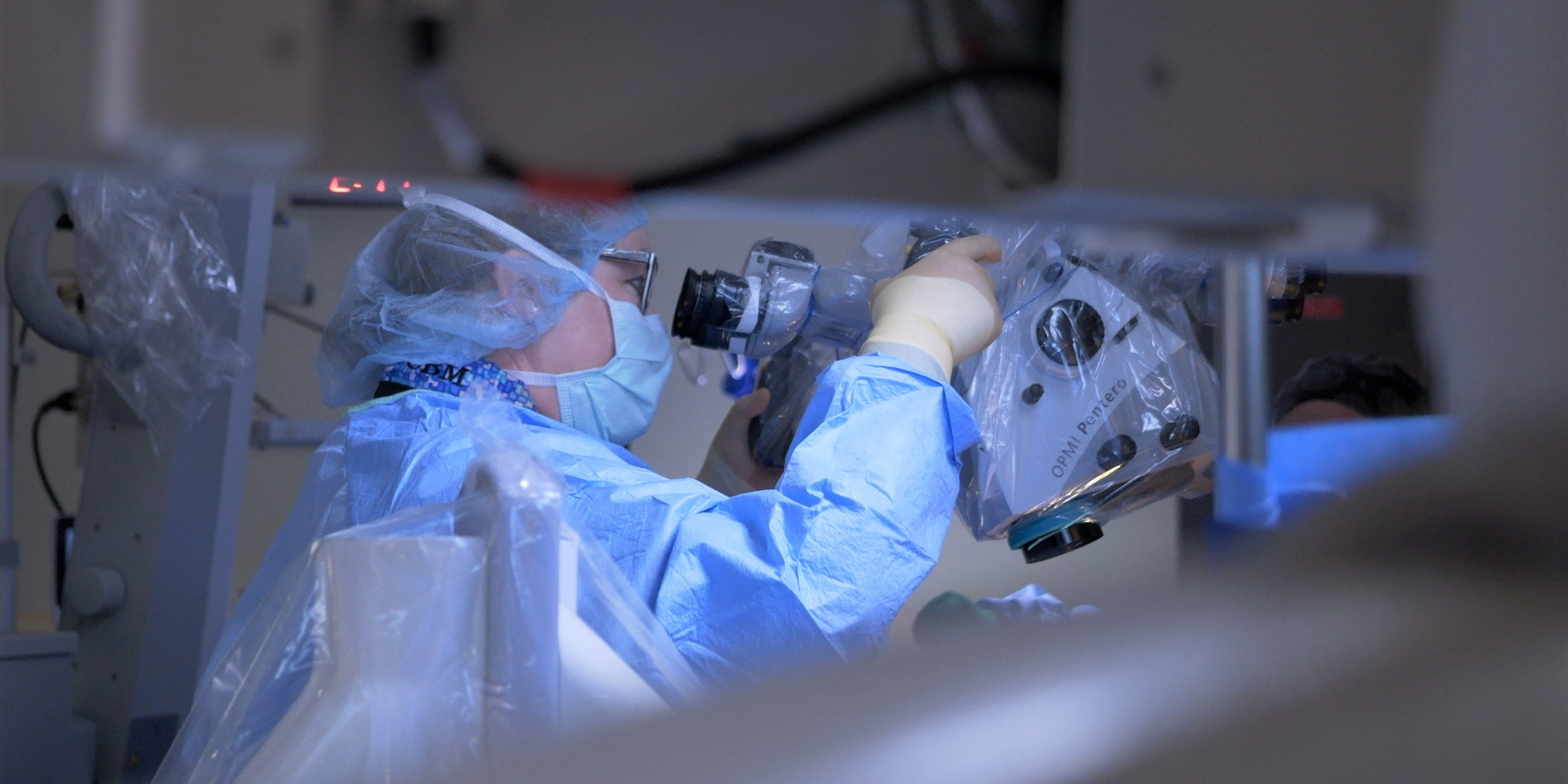
In support of advanced care planning
The average age of death in the United States has increased from the mid-forties in 1900 to the eighties in the early twenty-first century. It might appear that mortality may forever be postponed. And looking at the statistics, Americans seem to believe they are immortal since only 20-30 percent have discussed end-of-life issues with their family or completed advanced care directives.
“The time to repair the roof is when the sun is shining.”
What you can do to prepare?
- Complete an advanced directives document. Advanced directives are written instructions that patients prepare to help guide their medical care. These documents have been available for 40 years, but are seldom completed.
- Have a living will. A living will advises family members and clinicians what medical treatments are desired and those to be avoided. These options may include cardiopulmonary resuscitation (CPR), mechanical ventilation (breathing machine), feeding tubes, and dialysis (used for kidney failure).
- Have a medical power of attorney. A medical power of attorney (health care proxy/agent) allows someone the patient trusts to make decisions about medical care in a matter that has been previously discussed. It is not uncommon for a patient to lose the capacity to make decisions during a chronic illness or while in the hospital. The follow-through of finalizing these documents requires both love and courage.
These conversations often seem “too soon” until it's too late, according to the Conversation Project, which promotes end-of-life discussions.
Surveys repeatedly show that 90 percent of Americans believe talking with their loved ones about end-of-life care is important, yet the lack of execution is distressing. The difficulty of decision making in a crisis situation is graphically illustrated in the award-winning documentary EXTREMIS (available on Netflix and YouTube). The film follows Dr. Jessica Zitter, a critical care and palliative care physician, as she and her team attempt to help patients and their families navigate these treacherous waters.
Hospital and government data gathered on end-of-life care is sobering. One inpatient study showed that patients in the advanced stages of certain disease sets suffered through an Intensive Care Unit (ICU) stay, coma or respiratory support before death. These disease sets include:
- Heart disease
- Lung disease
- Stroke
- Cancer
- Dementia
Medicare data reveals that at least 25 percent or more patients experience ICU care in the last six months of life and 16 percent die in an ICU or soon after leaving.
Amazing advances in cardiac care, neurology, infectious disease, cancer, surgery, and critical care have prolonged lives, but have done little to prevent many tragedies that threaten end-of-life. Simple paperwork may assure family and prevent the patient from added suffering.
Ira Byock, noted writer and clinician put it most succinctly, “I have an advanced directive, not because I am ill, but because I love my family.”
For more information, visit www.spartanburgregional.com/patients-visitors/advance-directives/












